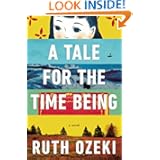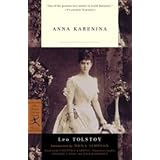
My name is Nao, and I am a time being. Do you know what a time being is?...A time being is someone who lives in time, and that means you, and me, and every one of us who is, or was, or ever will be.
So begins one of the most original, captivating and thought provoking novels I have read in a long time. Ozeki weaves together the story of Ruth, a novelist living on a remote island in British Columbia and Nao, a 16 year old girl living in Japan. Ruth discovers a plastic bag washed ashore near her home and wonders if it could it be debris from the 2011 Japanese tsunami? When she looks Inside the box she finds a Hello Kitty lunchbox containing several items: a man's wristwatch, a bundle of old letters and Nao's diary,"the diary of my last days on earth." Once Ruth begins to read Nao's diary there is no turning back...you, too are drawn in and compelled to keep reading along with her.
A Tale for the Time Being is a complex and multi-layered novel. It is as much a mystery story, as it is a meditation on the passing of time, and an exploration of the relationship between writer and reader. Interestingly, the novels of Marcel Proust play a key role in telling the story. As Proust writes, In Search of Lost Time, "In reality, every reader, while he is reading, is the reader of his own self. The writer's work is merely a kind of optical instrument..."
Interwoven throughout the novel, are an eclectic array of subjects- history, morality, World War II, Zen Buddhism, quantum physics, bullying, suicide, animal spirits and totems- yet they blend together to create a unique and quite unforgettable story.
A word of caution, though. While the prose in the first half of the book is beautiful, lyrical and eerily hypnotic, the second half will jolt you out of your trance with a much grittier and more disturbing tone. That said, the transition is a surprisingly effective device that ultimately pulls all the threads together and creates such a graceful, uplifting and wonderful story. I highly recommend it.
.


